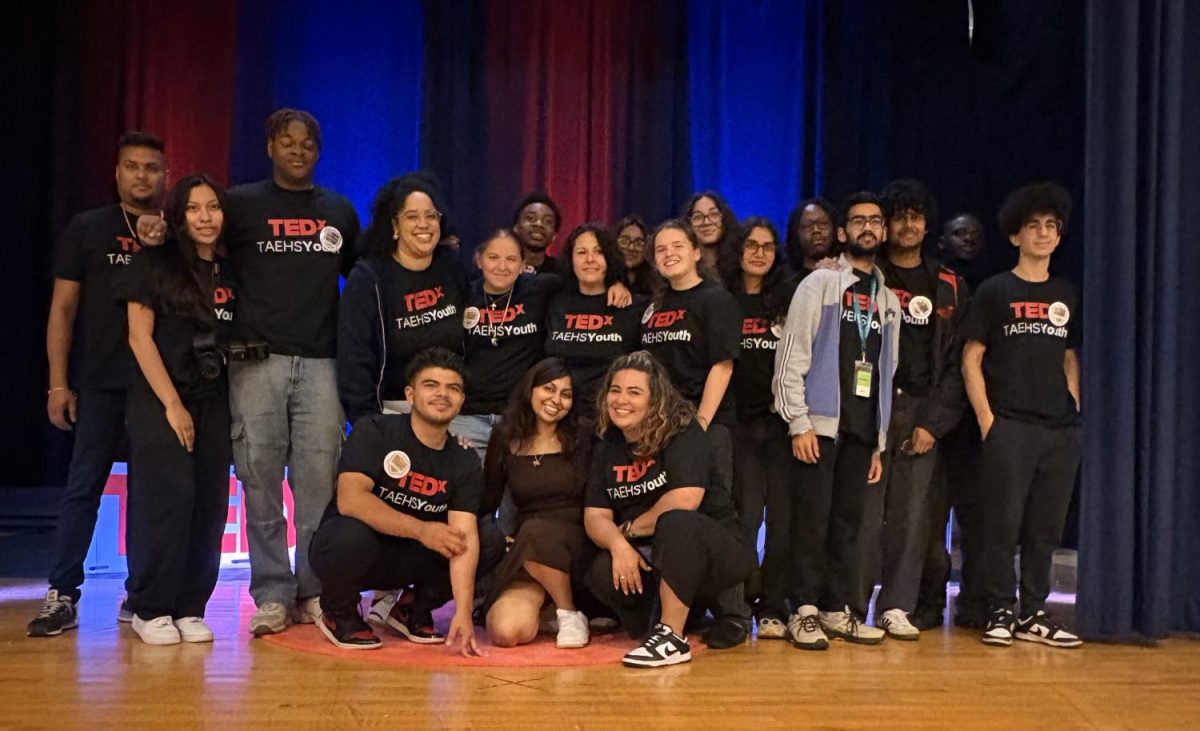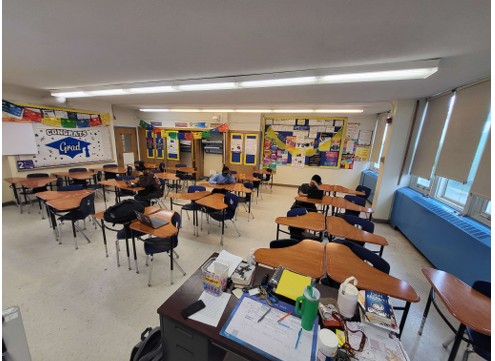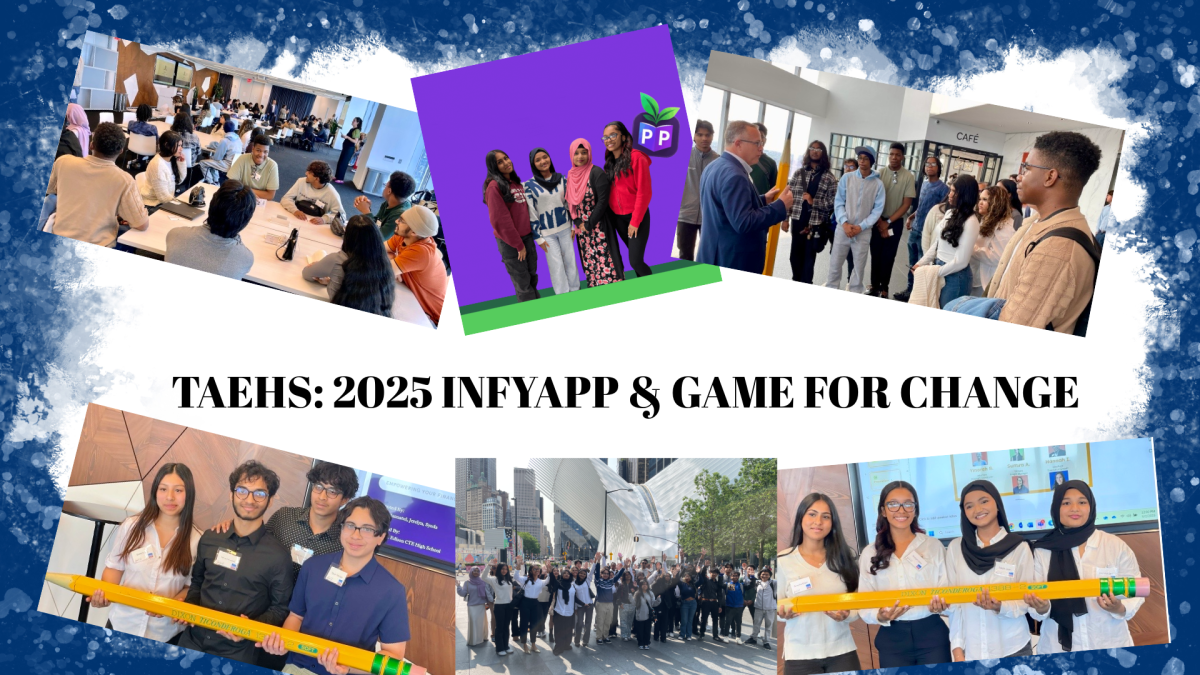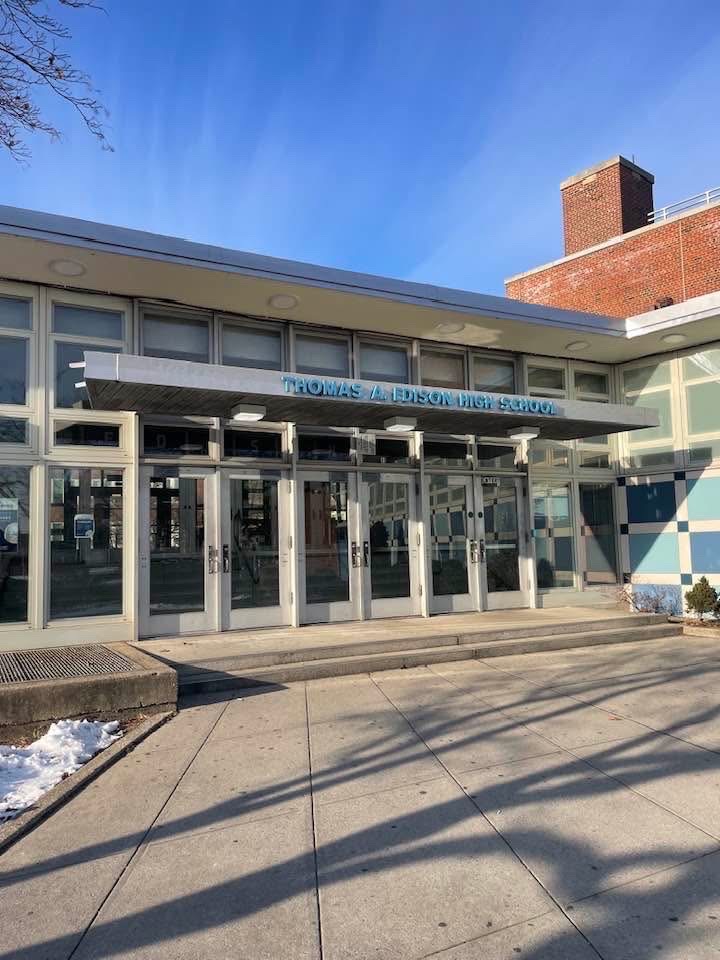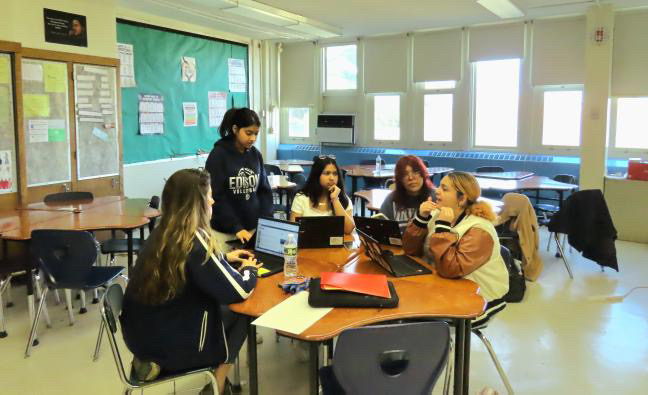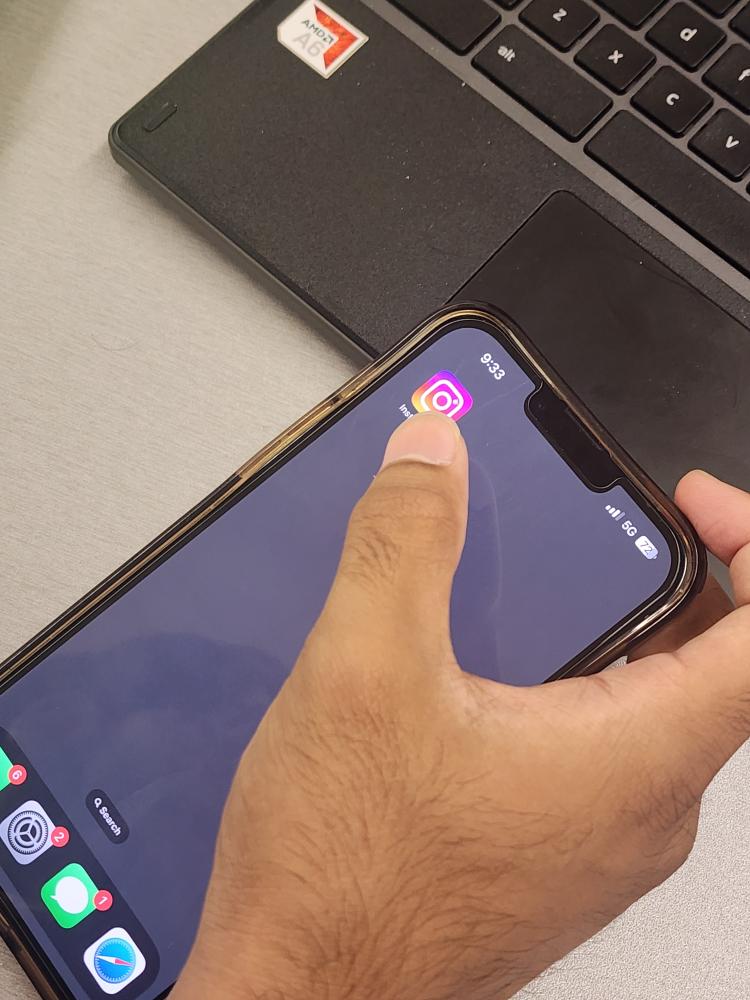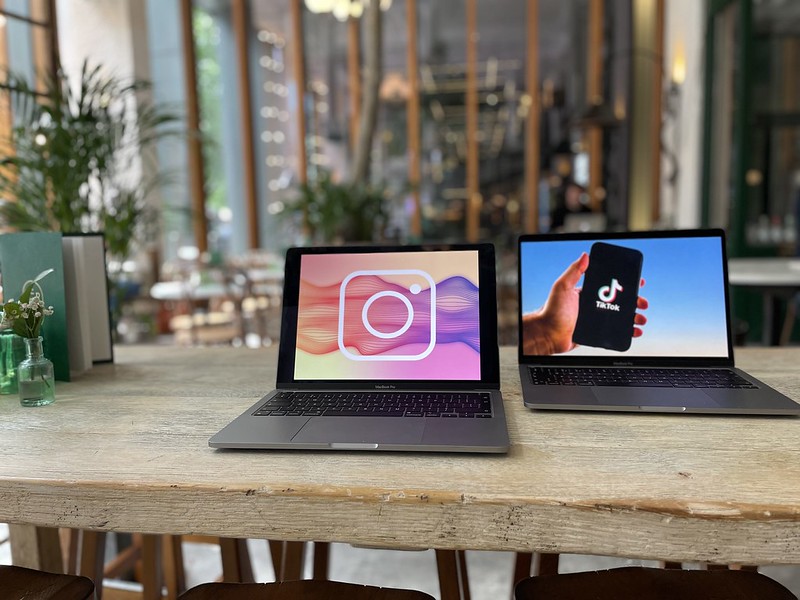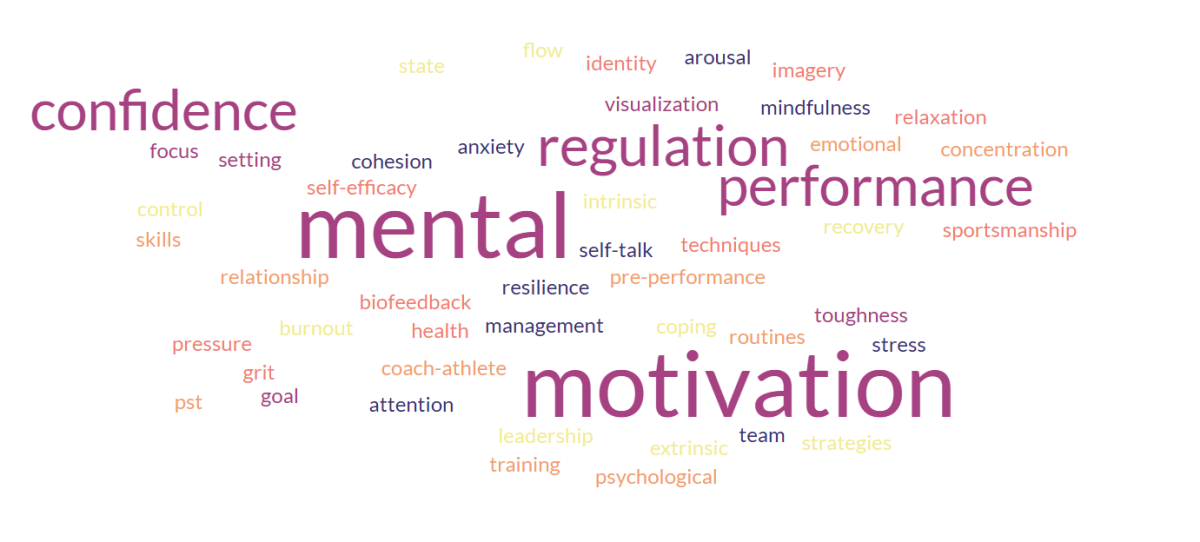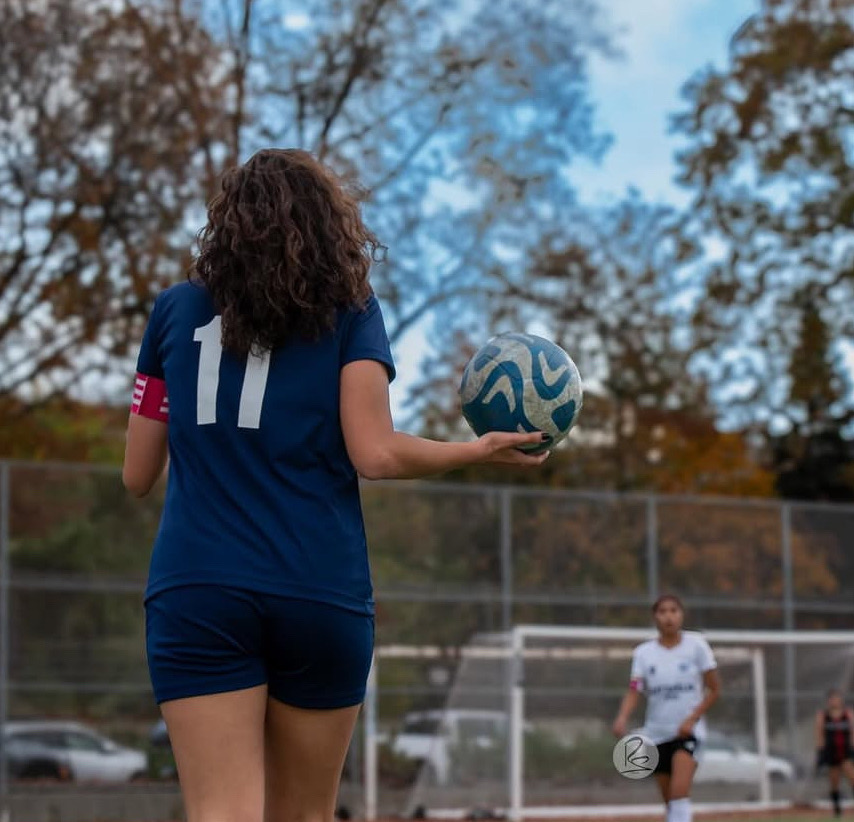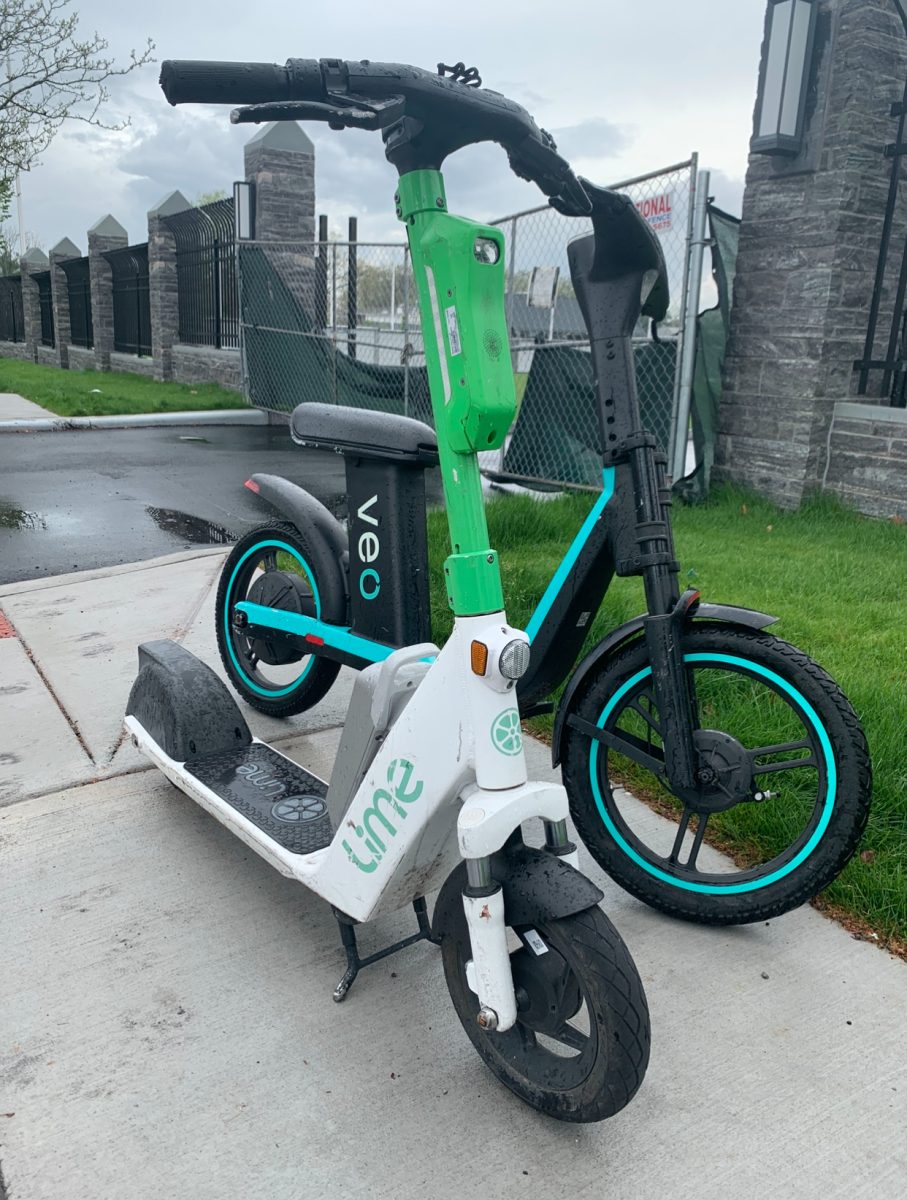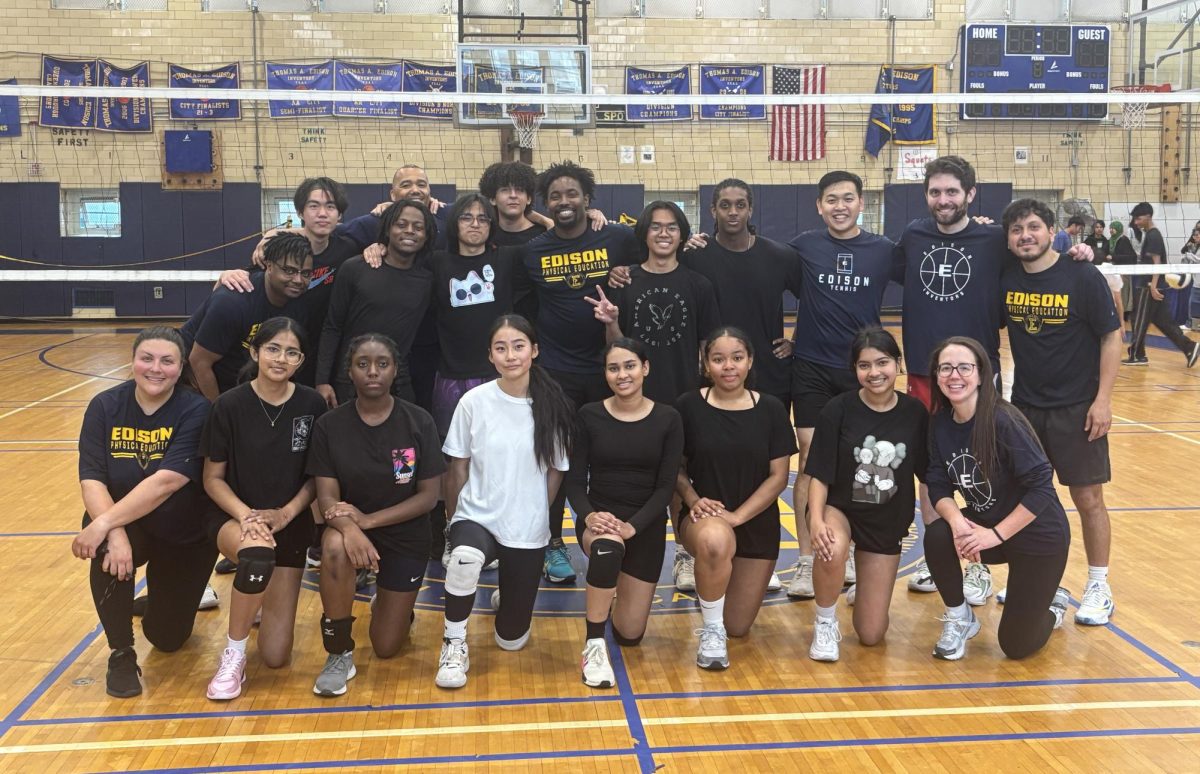In a city where everyone faces issues, therapy is a must. The NYC Health Department has made it a city wide priority to focus on youth and family health. Through Mayor Eric Adams and Talkspace (an online therapy company) Teenspace was created, which aimed to provide free therapy for students.

It is becoming increasingly common for students to face problems in and out of school. Stress from school, work, testing, and family has contributed to the rising depression rate in young adults.
In order to battle the increasing rates of mental health issues, this program has minimal requirements to reach as many teens as possible.
“So the program is available for any 13 through 17 year old, residing in any of the 5 boroughs,” Lea Krugolets, Senior Director, Youth Programs for Talk Space, said. “Since we’ve launched we’ve had thousands of teens sign up across the city. We want to make sure this is an effective program meeting the needs of teens across New York City.”
The target audience for this program are those who are in highschool, mainly because mental health issues increase at these ages. There are very few criteria to be eligible for this program, which contributes to how attainable their therapy is. A program like Teenspace was desperately needed, as New York City is experiencing an increase in adolescent depression rates.
In an interview with Talkspace’s Senior Director, Youth Program, Lea Krugolets, she went into details about Teenspace and how it benefits students.
“They’ll just put in some information and ask a few questions about their mental health, and what we do is match with a provider that fits a teen’s needs,” Krugolets said. “For example, if a teen comes in and they say they wanna work on their anxiety, we’re gonna match them with a provider who specializes in treating teens with anxiety.”
An impressive feature of Teenspace is their wide variety of therapists, which allows students to have a deeper connection. Selecting a therapist gives a new level of understanding, whether it relates to sexual identity, racial identity, at-home issues, and more.
On top of that, a student is able to switch their therapist without hassle– making the program extremely user-friendly.
“Teens at any point have the ability to change their therapist. All they need to do is kind of click a button,” Krugolets said. “We collect information of why that therapist wasn’t working.”
If the student does decide to change their therapist, they will be able to choose from a wide range of therapists. Information about each therapist will be given to the student and they can choose which therapist best fits their needs.
After choosing a therapist they liked, Teenspace gives various options for teens to contact their therapist. Teenspace, following the model of its parent company Talkspace, provides solely online therapy for students.
“One of the main components is that it’s message based therapy, meaning that you can exchange audio video or text messages with a therapist,” Krugolets said. “they can decide that they want to talk to them every single day, or maybe they just wanna talk to them when things come up.”
Online therapy, a fairly new model of mental health services, makes it a lot more available than traditional therapy. Students can easily text their therapist when problems suddenly arise and help can be quickly received.
One of the main reasons why Teenspace chose the system of online therapy over traditional therapy is to get around the stigmatization of mental illness.
“Sometimes it can be really intimidating and scary for a teen to go into a counseling office because they’re in front of their peers,” Krugolets said. “So by giving them access to services on their phone or their computer, we’re giving them a safe space to really talk about their feelings in a way that may not otherwise be possible for a lot of teens.”
As this program is aimed at younger audiences, it may be a hassle for them to commute to a traditional physical therapist meeting, therefore Teenspace’s electronic systems are used for convenience and comfortability. This therapy program lets users have mental relief from far and near, while also creating a comfortable & confidential space.
Teenspace was birthed in November of 2023, meaning there is plenty of room to improve. Krugolets anticipates the program to grow within the next few years.
“So, our goal, kind of within our program team, is to see how this program goes over the next few years and advocate for it to be a bigger range of young people,” Krugolets said, “So like, with 17 (year old) aging into the college experience after high school.”
A flaw about this program is that older teens eventually age out. Those who signed up before aging out are given a plan to continue their mental wellness journey, but it is hoped that the age limit expands as the program thrives.
Krugolets also mentions that considering user voices would strengthen the program, and even help expand it to other metropolitan areas.
“I think being able to share what we’ve done and also hear your perspective is really important,” Krugolets said, “We hired a really interesting marketing agency… They’ve been going out to a bunch of different schools across the city and passing out information.”
To allow this innovative program to grow, Teenspace’s team plans to market themself. Spreading awareness increases the users, creating a force to decrease the rapid mental health crisis rates.
If you want to learn more about Teenspace, please go to https://www.talkspace.com/coverage/nyc or follow them on their social media.
Instagram: @talkspace Twitter: @talkspace Facebook: Talkspace


